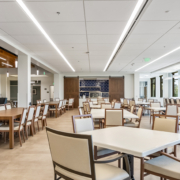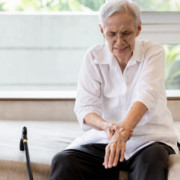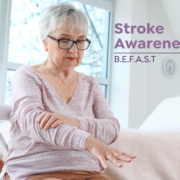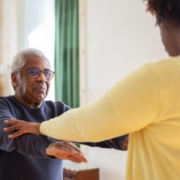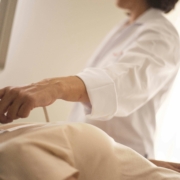WelbeHealth Continues California Expansion with Opening of New PACE Centers in Riverside and Coachella Valley
Through the Medicare and Medi-Cal funded Program of All-Inclusive Care for the Elderly (PACE), WelbeHealth delivers fully integrated care that allows seniors to age gracefully in place
Today, the physician-led senior health services provider WelbeHealth announced the opening of its Coachella Valley and Riverside locations. The Coachella Valley location, situated in La Quinta, is the first ever Program of All-Inclusive Care for the Elderly (PACE) in the region, with no other PACE center within 70 miles in any direction. The new locations will increase access to care in underserved communities where thousands of lower-income older adults qualify for health care through PACE, a national Medicare and Medicaid program that offers seniors access to comprehensive at-home and community-based services.
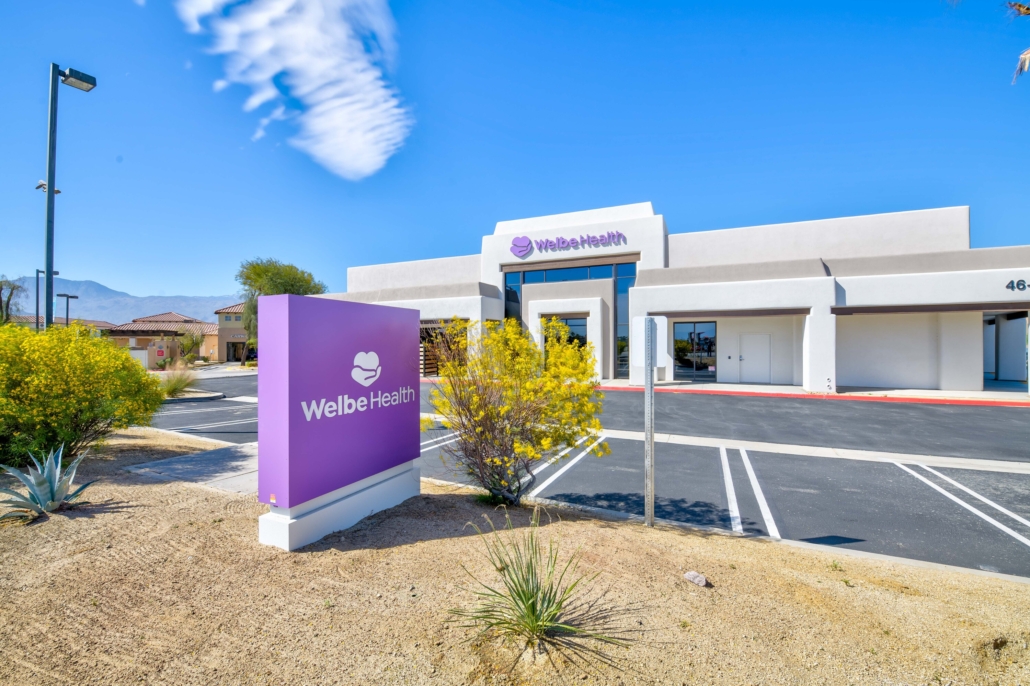
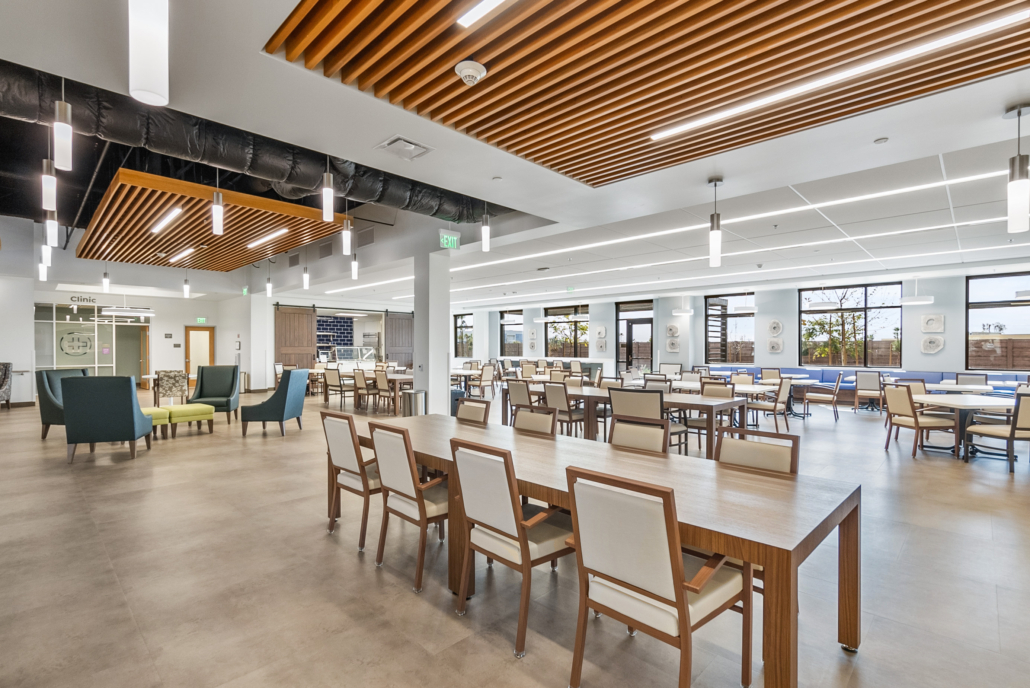
In addition to the new Riverside and Coachella Valley centers, WelbeHealth operates programs in the cities of Modesto, Stockton, San Jose, Fresno, Pasadena, North Hollywood, Rosemead and Long Beach. All locations deliver fully integrated care, allowing frail seniors to age in place with the support of interdisciplinary teams, including doctors and nurses, physical therapists, home care aides, and social workers. Wrap-around support like meals, social activities, and transportation address social determinants of health.
“WelbeHealth’s mission is to serve the most vulnerable seniors with better quality and compassion. We do this through the work of our dedicated care teams and our courage to love culture that values every employee and participant in our care,” said Si France, MD, Founder and CEO at WelbeHealth. “We are honored to serve Riverside and the Coachella Valley, enabling access to care that will have ripple effects in these communities.”
Services began on July 1 and both centers are currently enrolling new participants. *Over 12,000 PACE-eligible seniors reside within the combined service area of the two centers, and this number is anticipated to increase. The California Department of Aging forecasts Riverside County’s senior population to surge by almost 250% by 2060, representing the fastest growing 60+ population in California.
“The growth of the aging population in Riverside County, where both new centers are located, highlights the need for more cost-effective options that enable seniors to thrive in their home and communities,” said Vaneesh Soni, MD, Chief Growth Officer at WelbeHealth. “By expanding access to PACE in areas like Riverside and providing PACE services for the first time in areas like Coachella Valley, WelbeHealth is working to meet the growing needs of California’s seniors.”
PACE is a proven, high-quality, cost-effective solution to address the care gaps left by the underfunded and patchwork system for long-term care across California and the United States by delivering comprehensive health and supportive services for seniors.
“WelbeHealth’s new PACE center in the Coachella Valley marks an important milestone” said La Quinta Mayor Linda Evans. “Having spent over 35 years working in the healthcare industry with the goal of ensuring access to care, I am proud to support WelbeHealth in bringing PACE services to vulnerable older adults and their families in our community.”
PACE median survival is higher compared with nursing homes and waiver programs despite caring for a frailer population. Importantly, in addition to better outcomes, PACE saves taxpayers $10,000 per participant each year.
About WelbeHealth
WelbeHealth is a physician-led public benefit company founded in 2015 that provides comprehensive health care services for seniors through a fully integrated program that includes all medical and dental care, physical and occupational therapy, transportation to medical appointments, meals, and personal care services. WelbeHealth addresses social determinants of health to keep the most vulnerable seniors living safely in their own homes. Services are delivered through the Program of All-Inclusive Care for the Elderly (PACE), a national Medicare and Medicaid program.
For more information, please visit welbehealth.com.
*12,000 PACE -eligible seniors based on WelbeHealth’s analysis of U.S. Census data

